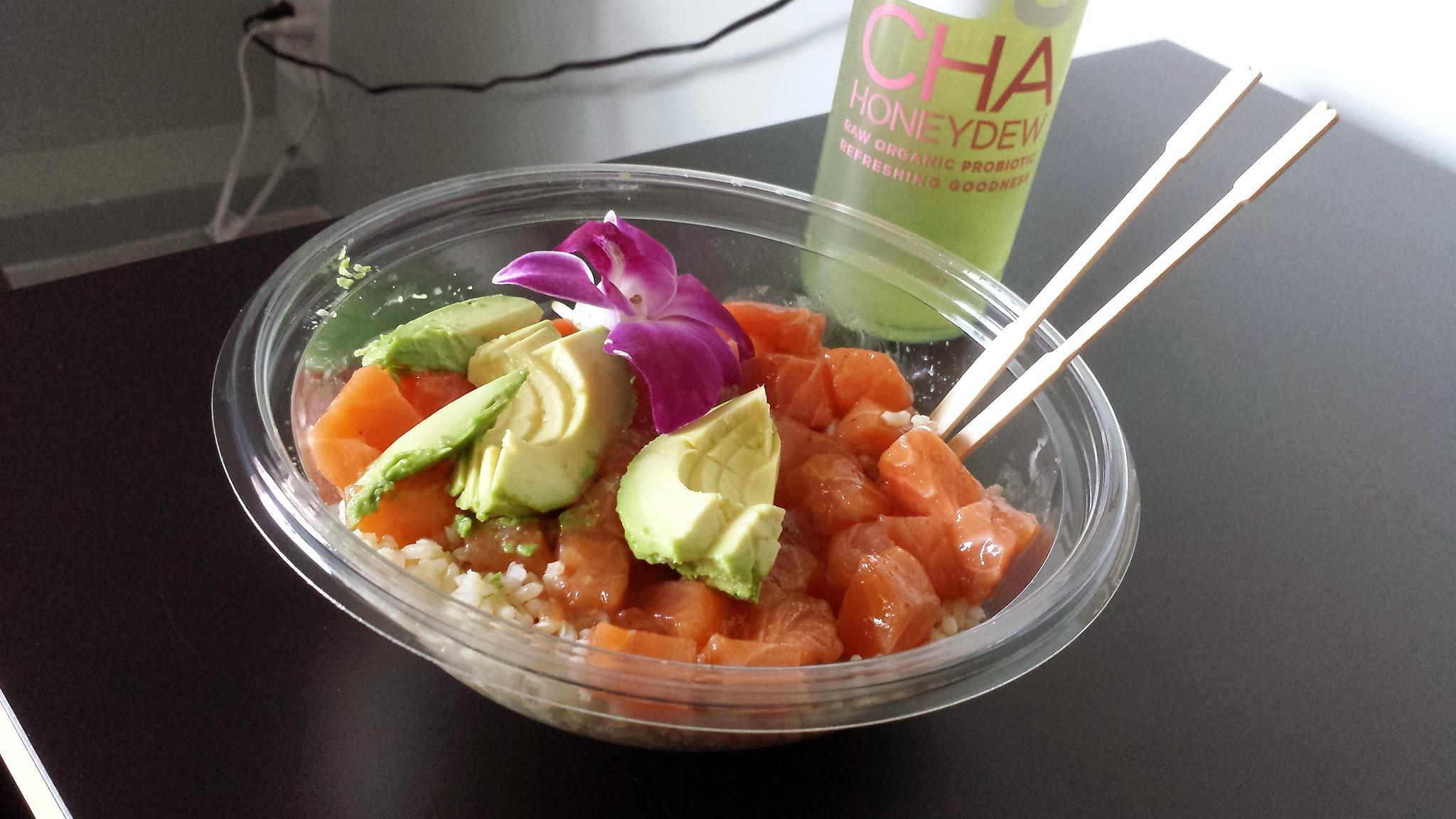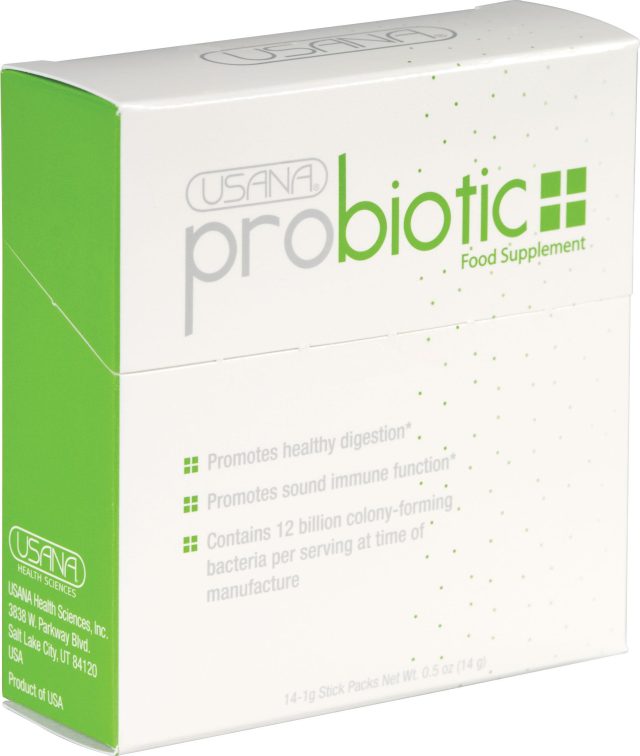In today’s fast-paced world, maintaining a healthy digestive system is more important than ever. With stress, processed foods, and environmental factors taking a toll on our gut health, it’s no wonder many of us are seeking effective solutions to keep our digestive systems running smoothly. Enter probiotics—those friendly bacteria that can play a crucial role in restoring balance and enhancing our overall well-being. In this article, we’ll guide you through the process of incorporating probiotics into your daily routine, offering practical tips and empathetic advice to help you nurture your digestive health with confidence and ease. Whether you’re new to the world of probiotics or looking to optimize your current regimen, we’re here to support you on your journey to a happier, healthier gut.
Understanding the Role of Probiotics in Digestive Health
Incorporating probiotics into your diet can significantly enhance your digestive health. Probiotics are live microorganisms that provide health benefits when consumed in adequate amounts. They help maintain a balanced gut flora, which is crucial for digestion and overall well-being. Here are some simple ways to introduce probiotics into your daily routine:
- Yogurt: A widely accessible source of probiotics, yogurt contains live cultures such as Lactobacillus and Bifidobacterium. Opt for plain, unsweetened varieties to avoid added sugars.
- Kefir: This fermented milk drink is packed with diverse strains of beneficial bacteria. Its tangy taste and creamy texture make it a versatile addition to smoothies and cereals.
- Fermented Vegetables: Sauerkraut, kimchi, and pickles are not only delicious but also rich in probiotics. These can be easily added to salads or sandwiches for an extra gut-friendly boost.
- Supplements: If dietary sources are limited, probiotic supplements are a convenient alternative. Look for products with multiple strains and a high CFU (colony-forming units) count.
To help you choose the best probiotic-rich foods, here’s a quick comparison:
| Food Item | Probiotic Strains | Best Use |
|---|---|---|
| Yogurt | Lactobacillus, Bifidobacterium | Breakfast, Snack |
| Kefir | Lactobacillus, Yeasts | Smoothies, Drinks |
| Sauerkraut | Lactobacillus plantarum | Salads, Sandwiches |
Remember: Consistency is key when it comes to reaping the benefits of probiotics. Gradually incorporating these foods into your meals can lead to improved digestion and enhanced gut health over time.

Choosing the Right Probiotic Sources for Your Diet
Incorporating probiotics into your diet can significantly enhance your digestive health, but selecting the right sources is crucial. Here are some tips to guide you:
- Natural Fermented Foods: Consider adding foods like yogurt, kefir, sauerkraut, and kimchi to your meals. These are not only rich in probiotics but also packed with essential nutrients.
- Supplements: If fermented foods aren’t your preference, you can opt for probiotic supplements. Look for those with a variety of strains and a high CFU (colony-forming unit) count to ensure effectiveness.
- Non-Dairy Options: For those who are lactose intolerant or prefer non-dairy alternatives, try coconut yogurt or fermented soy products like tempeh and miso.
It’s important to match your probiotic sources with your dietary preferences and health goals. Here’s a quick comparison of some popular options:
| Probiotic Source | Benefits | Considerations |
|---|---|---|
| Yogurt | Rich in calcium and protein | Check for added sugars |
| Kefir | Contains diverse probiotic strains | May be sour for some tastes |
| Kimchi | High in vitamins A and C | Spicy, might not suit all palates |
| Probiotic Supplements | Convenient and varied strains | Can be costly, research brand quality |
Remember, the best probiotic source is one that fits seamlessly into your lifestyle and supports your individual health needs. Experiment with different options to find what works best for you.

Incorporating Probiotics into Daily Meals and Snacks
Adding probiotics to your daily diet doesn’t have to be complicated. You can start by incorporating them into meals and snacks you already enjoy. Here are some creative ideas to make it easy and enjoyable:
- Breakfast Boost: Stir a spoonful of probiotic-rich yogurt into your morning smoothie or sprinkle some kefir over your cereal. These small changes can make a big difference in your gut health.
- Snack Smart: Swap out your usual chips for fermented snacks like kimchi or sauerkraut. These tangy treats are not only tasty but packed with beneficial bacteria.
- Probiotic-Rich Beverages: Sip on kombucha or water kefir instead of sugary sodas. These drinks are not only refreshing but also support your digestive system.
For those who enjoy experimenting in the kitchen, consider trying your hand at homemade fermented foods. A simple batch of fermented vegetables can be a fun project and a great way to ensure you have a steady supply of probiotics. Below is a quick comparison of some popular probiotic sources:
| Food | Probiotic Content | Serving Suggestion |
|---|---|---|
| Yogurt | High | With fruit or granola |
| Kombucha | Moderate | As a refreshing drink |
| Kimchi | High | As a side dish |
| Miso | Moderate | In soups or dressings |
Remember, introducing probiotics into your diet is a journey, not a sprint. Start with small steps, listen to your body, and gradually increase your intake as you see fit. Your digestive system will thank you!

Monitoring and Adjusting Your Probiotic Intake for Optimal Results
Understanding your body’s unique response to probiotics is key to reaping their full benefits. Begin by paying close attention to how your body reacts after introducing probiotics into your routine. You might notice changes in digestion, energy levels, or even mood. If you experience positive shifts, continue with your current regimen. However, if discomfort arises, such as bloating or gas, it might be time to reassess your dosage or the strains you’re using.
- Start Slowly: Begin with a lower dose to gauge your body’s reaction.
- Adjust Strains: Different strains offer different benefits. Rotate them to find what suits you best.
- Consult Professionals: Seek advice from a healthcare provider for personalized guidance.
For a more structured approach, keep a simple log to track your progress. This can help identify patterns or triggers related to your digestive health. Consider the table below as a sample template for your log:
| Date | Probiotic Strain | Dosage | Observations |
|---|---|---|---|
| 01/11/2023 | Lactobacillus acidophilus | 5 billion CFU | Improved digestion |
| 02/11/2023 | Bifidobacterium lactis | 10 billion CFU | Slight bloating |
Remember, patience is key. The journey to better digestive health with probiotics is personal and may require time to find the right balance. Trust your instincts and be gentle with yourself as you navigate this process.








































